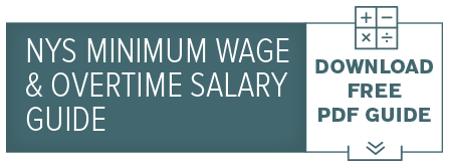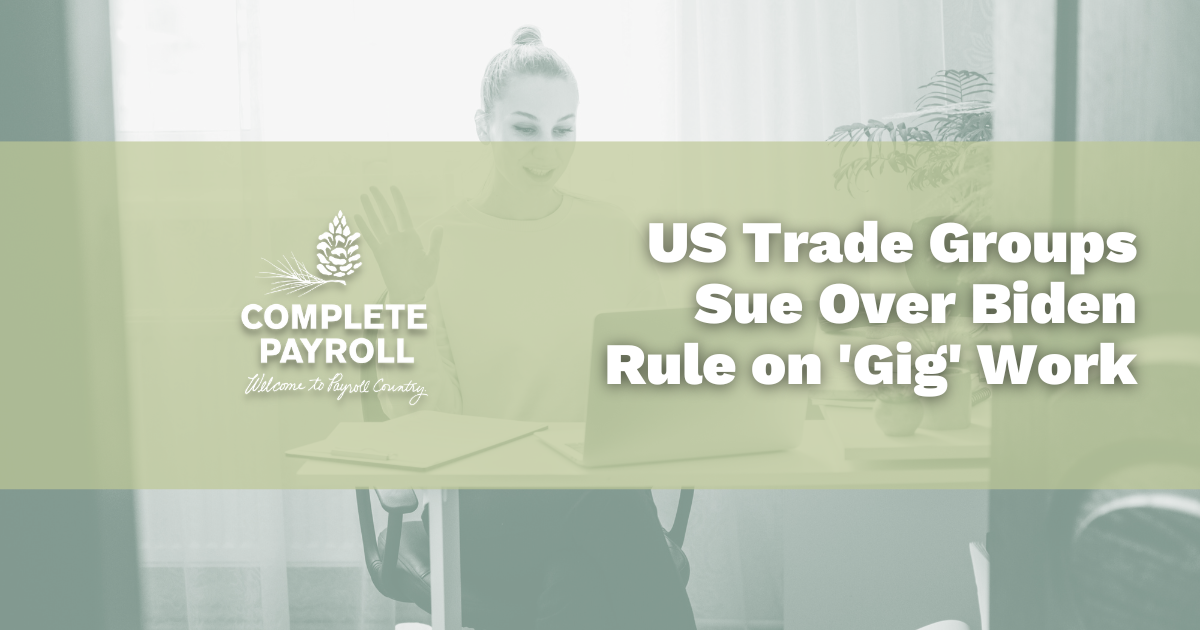Have you ever encountered the terms "exempt employee" and "non-exempt employee" in the workplace? They may have been mentioned in a job description or when discussing payroll-related matters.
It's crucial to understand the distinction between these two employee classifications regarding labor laws and the related timekeeping requirements. Don't worry; we've got you covered. This article will discuss the differences between exempt and non-exempt employees and highlight the key timekeeping requirements to ensure compliance.
Exempt vs. Non-Exempt
According to the Fair Labor Standards Act (FLSA), which governs minimum wage, overtime pay, and working hours, employees are divided into two categories: exempt and non-exempt. Non-exempt employees are entitled to overtime pay, and exempt employees are not.
Some employers confuse these terms with salaried and hourly employees, but they’re not the same thing. You may have both salaried exempt and salaried non-exempt employees. However, all hourly employees are non-exempt and qualify for overtime; there is no such thing as an hourly exempt employee.
The U.S. Department of Labor classifies some jobs as exempt vs. non-exempt by their job category. For example, all outside sales jobs are exempt, and inside sales jobs are non-exempt. When jobs don’t fall into an easy category classification, their status is based on pay level, how they’re paid, and the type of work.
Exempt Employee Pay
As long as an exempt salaried employee works any hours during a work period, they are entitled to their full amount of base pay. This is why many employers don’t require salaried employees to clock in or track their time. No matter how many hours they work that week, their pay will remain the same. The FLSA does not limit the number of working hours an employer can expect of exempt workers.
However, nothing in the FLSA prohibits employers from requiring exempt employees to clock in or track time either. Tracking time is a good idea because it prevents disagreements between the employee and employer. It gives employers a solid picture of the employee’s value to the company, making things like time-off scheduling and benefits administration easier.
Perhaps the most pressing reason to track time for exempt employees is that federal rules still require employers to preserve all employment records. This means if you’re too lax with exempt employees keeping track of their time, your company could quickly fall out of compliance with the law.
Methods of Tracking
The FLSA doesn’t require or recommend a particular method of timekeeping. As long as accurate records are kept, employers can use timesheets, punch cards, time clocks, or any preferred system. However, if your record-keeping is too casual, it can quickly get out of hand.
For example, you may require a salaried exempt employee to track their hours monthly for record-keeping purposes. However, toward the month's end, it can be difficult for the employee to remember exactly what their time in and out was. This situation would leave your company out of luck regarding employment record compliance.
Ultimately, the company is responsible for the accuracy of time records and will be held accountable by the federal government for mistakes and omissions. To address these issues, many companies now use payroll software and professional payroll management services for timekeeping for exempt and nonexempt employees alike.
Click Below to check out our free resource - the NYS Minimum Wage and Overtime Salary Threshold Guide - which will help you understand the regulations for properly classifying your employees.





















